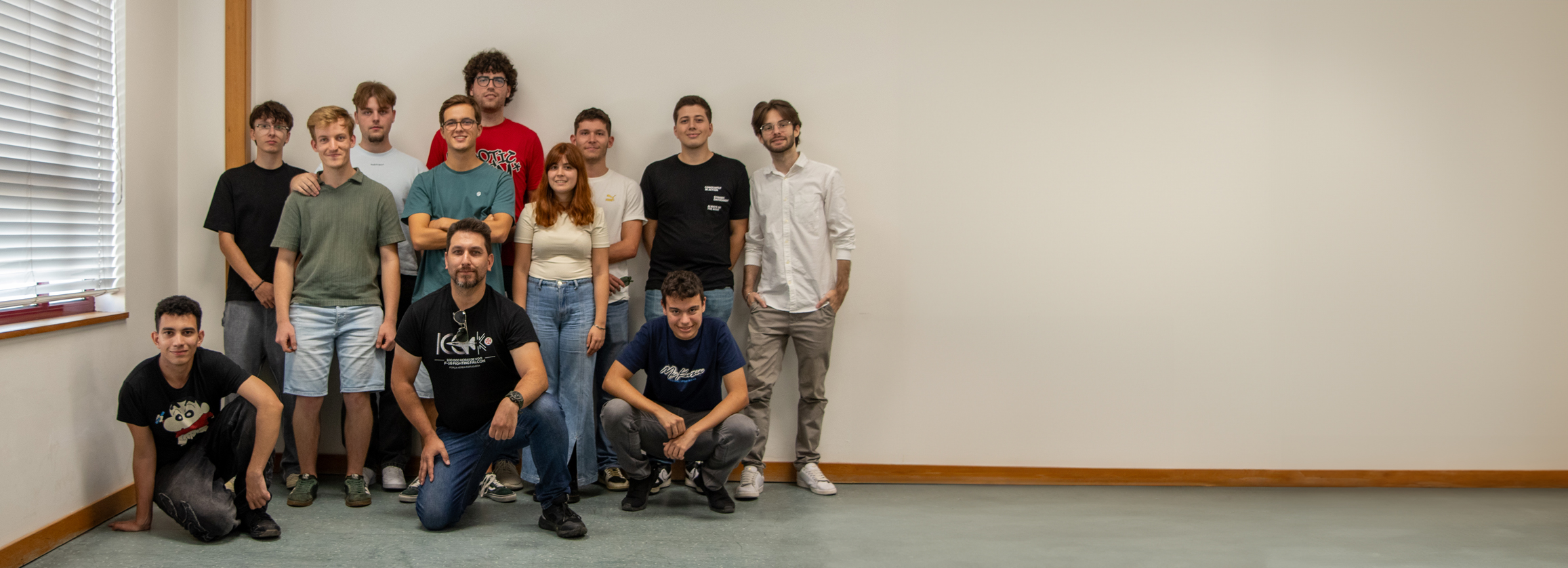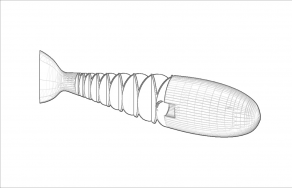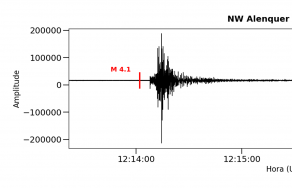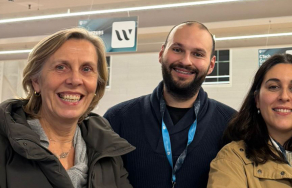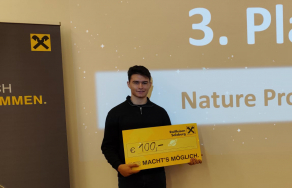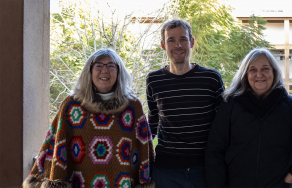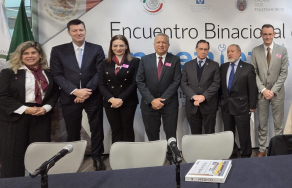AERIS (Aerospace Engineering and Rocketry at ISEL) is the latest project developed by students at ISEL, within the scope of the Aerospace Engineering Student Group (NEA). Its main goal is the design and construction of experimental rockets, integrating various fields of engineering and promoting the practical application of knowledge acquired in an academic context.
Currently, the group includes students from the undergraduate programs in Electronics, Telecommunications and Computer Engineering (LEETC), Electrical Engineering (LEE), Applied Physics Engineering (LEFA), Mechanical Engineering (LEM), and the Master's in Electrical Engineering (MEE). It is open to students from any university who share an interest in engineering and space exploration. The team’s first official meeting took place on October 3, 2025, marking the beginning of an initiative that offers ISEL students the opportunity to make their mark on the European aerospace engineering scene.
AERIS will be developed across several missions, each corresponding to a unique rocket designed and built by the students, with support and guidance from ISEL faculty. The ultimate goal is to participate in the European Rocketry Challenge (EuRoC), the largest experimental rocketry competition in Europe, where university teams from across the continent present and launch their projects.
Speaking about the spirit behind the project, Miguel Monteiro, AERIS mentor and LEFA student, emphasizes: “At AERIS, we bring together knowledge, innovation, and team spirit to develop experimental rockets and represent ISEL in international competitions. Each member contributes with their talent and dedication, because we believe that alone we go fast, but together we go far.”
The project is promoted by the Aerospace Engineering Student Group (NEA), recently created by ISEL students, with the following goals:
Involve students from different courses at the institute;
Strengthen collaboration between students, faculty, and industry;
Showcase ISEL’s capacity for innovation and applied research.

